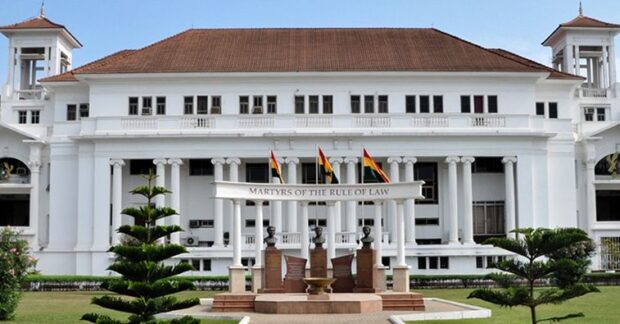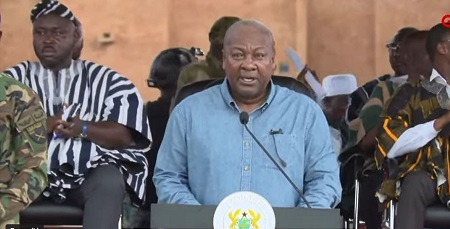
In a series of recent forums across Ghana, citizens have voiced strong support for instituting a three-term limit for Members of Parliament (MPs). This proposal aims to promote political accountability, curb entrenched incumbency, and foster democratic renewal. The discussions reflect a growing public desire for reforms in Ghana’s parliamentary system.
Public Sentiment on Term Limits
Participants from diverse backgrounds, including traditional leaders, clergy, assembly members, farmers, and the general public, have expressed concerns over the indefinite tenure of MPs. They argue that the absence of term limits allows some MPs to remain in office for extended periods, potentially leading to complacency and reduced responsiveness to constituents’ needs. Moreover, the recurring ex-gratia payments at the end of each term have been criticized for encouraging careerism in politics.
Advocacy for Legislative Reforms
The Ghana Centre for Democratic Development (CDD-Ghana) has conducted research supporting the implementation of term limits for MPs. Their findings suggest that limiting MPs to three terms could reduce power struggles within political parties during primaries and encourage the emergence of fresh leadership.
Similarly, the Concerned Voters Movement (CVM) has advocated for a three-term cap, emphasizing that such a policy would mitigate internal party conflicts and promote democratic principles.
Comparative Perspectives
The debate on parliamentary term limits is not unique to Ghana. In various democracies worldwide, term limits are employed to prevent the concentration of power and to ensure regular infusion of new ideas into the legislative process. Proponents argue that Ghana could benefit from similar reforms to strengthen its democratic institutions.
Potential Benefits of Term Limits
Implementing a three-term limit for MPs in Ghana could yield several advantages:
- Enhanced Accountability: Regular turnover may compel MPs to be more responsive to their constituents, knowing their time in office is limited.
- Reduction in Political Entitlement: Term limits can prevent the development of a sense of entitlement among long-serving MPs, promoting humility and service-oriented leadership.
- Encouragement of Political Participation: Opening up parliamentary seats more frequently can motivate more citizens to engage in the political process, fostering inclusivity.
- Mitigation of Corruption: Limiting tenure may reduce opportunities for corrupt practices that can arise from prolonged stays in power.
Challenges and Counterarguments
While the push for term limits gains traction, some critics caution against potential drawbacks. They argue that experience gained over multiple terms can be invaluable for effective legislation and governance. Additionally, frequent turnover might lead to a loss of institutional memory and expertise within Parliament.
Therefore, any move towards instituting term limits must be carefully considered, balancing the need for fresh perspectives with the benefits of experienced lawmakers.











Be the first to leave a comment